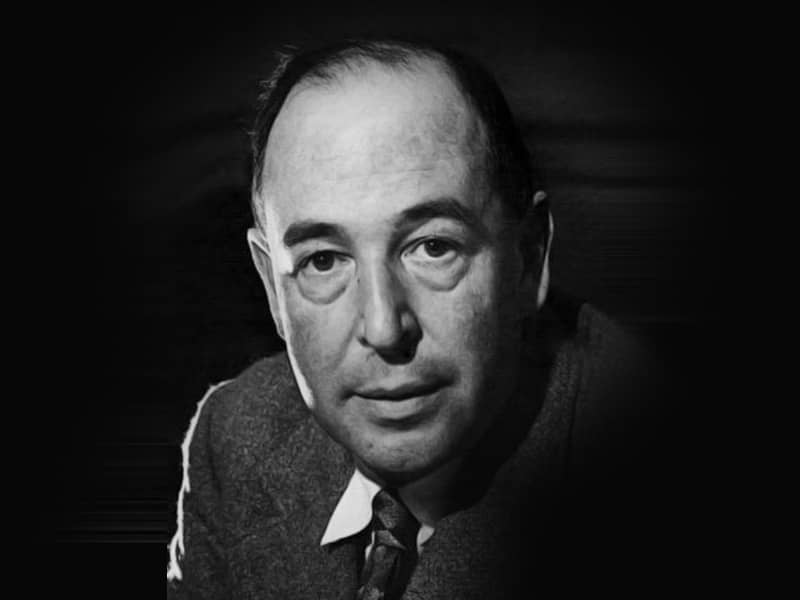Last Sunday, the New York Times ran a story about recently published documents from the Nuremberg archives, detailing the Nazis' attempts to neutralize and destroy Christianity within Germany. Hitler's cynical Concordat with the Catholic Church was temporary, the summary argued, because Catholic doctrine "could not be reconciled with the principle of racism."
This news must have startled any reader of last week's essay in [The New Republic] by Daniel Jonah Goldhagen, titled, "What Would Jesus Have Done?" I've now read Goldhagen's essay several times to absorb what I think I was reading. Since I admired Goldhagen's book, "Hitler's Willing Executioners," and glowingly reviewed James Carroll's book on Catholic anti-Semitism, "Constantine's Sword," and since, like any Catholic with a conscience, I have tried for some time to grapple with my own Church's shameful past with respect to the Jewish people, I was looking forward to Goldhagen's essay.
What I found was something that I can only say was shocking. Indeed, the intellectual dishonesty of the essay, its elisions and conflations, its animus against Catholicism itself, would shock anyone eager to get to the bottom of this dark and difficult subject.
There is equally no doubt, as Carroll starkly shows, that these early schisms were subsequently used to fuel a pathological prejudice that was responsible for murder, persecution and inhumanity over two millennia. On smaller points, the details of Pius XII's inaction in the face of monstrous evil seem to me irrelevant, and most defenses of him weak. We know he was in a very tough spot but we also know he did nothing morally commensurate with the Holocaust unfolding in front of him. In much of this, I don't only agree with Goldhagen's argument. I fervently endorse it. The proposal to canonize Pius XII strikes me as obscene. The actions of many Catholics in the darkest years of the Shoah are just as reprehensible, and should be studied and condemned, along with the actions of many, many others.
Does Goldhagen make such an outrageous claim? I'm afraid I see no other way to interpret his piece.
Take the following statements. Goldhagen argues that the institutional culture of the Church was "centrally animated by the notion that all Jews were Christ-killers." He cites the Church's "contribution to the German-led persecution and extermination of the Jews." He says Catholicism's legacy has an "obvious integral relationship to the genesis of the Holocaust." He says that the Church was "greatly sympathetic to the Germans' eliminationist impulses," i.e. greatly sympathetic to mass murder. He argues that "there is no difference in kind between the Church's 'anti-Judaism' and its off-shoot European 'anti-Semitism.'"
Notice the adverbs and adjectives: "centrally animated," "obvious integral relationship," 'materially aided." These are not weak claims. Then there's this sentence: "The Church was not an opponent of the death penalty, which it officially endorsed. The logic of its enmity toward Jews suggested lethal measures against Jews, even if other (barely known) religious doctrines formally inhibited the Church from accepting this logic as a guide to action."
Does Goldhagen honestly believe that a limited argument for the death penalty for specific crimes is equivalent to endorsing genocide? And does he honestly believe that the moral injunction against murder, enshrined in the Ten Commandments, and endorsed by the Church for two millennia, was a "barely known" doctrine?
Hitler understood this, which is why he tried to use the Church's social conservatism before aiming to destroy the Church itself. The Church itself articulated this distinction in its own Encyclical, read from every German pulpit. It argued that race, no different from "time, space [and] country," could never be a basis for morality. Did some Catholics traffic in racial anti-semitism? Yes, they did, and it even infected some formal publications. But was this ever Catholic doctrine? No.
Goldhagen both concedes this point at the beginning of his screed and then, by rhetorical sleights of hand, insists upon it by the end. Then, perhaps realizing that an intelligent reader will note that he is having it every which way, he concedes that the overlap is a "figurative ninety percent," which "made little difference." I think that means that there was no relevant difference. What else can it mean?
Perhaps this smear springs from righteous anger - and, heaven knows, such anger is justified. The Church's cowardly acquiescence in evil warrants anger on a great and enduring scale. But why then does Goldhagen want to go one step further and argue that there is no moral difference between sins of omission and commission, that, in his words, "not to choose is to choose"? It is here that one notices the ugly tropes in the piece.
Although German Protestantism was in many ways more viciously anti-Semitic than German Catholicism, and, in contrast to Catholicism, a few Protestants actually fused themselves with the Nazis, Goldhagen all but ignores them. The Pope is a more tempting target, especially in a culture where anti-Catholicism is the last acceptable prejudice. Nor will any Catholic be unaware of the ancient slur that the papacy is an instrument of the anti-Christ. It is a staple of street bigots. Goldhagen deploys it more than once. In fact, he argues that the Church was actually "serving" a human anti-Christ, i.e. Hitler, and that "any evaluation of the Catholic Church as a moral institution must centrally" take that into account.
The anti-Christ, huh? The last time I heard that was when I was being jeered in my Protestant high school in England. The sources change. The smears remain the same. But now they call them scholarship

